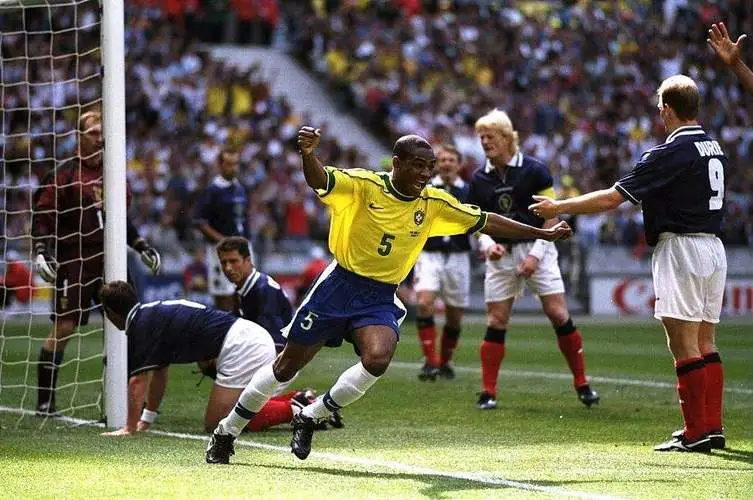必赢:足球俱乐部内部规则英文
Introduction to Internal Rules of Football Clubs
Football clubs around the world operate under a set of internal rules designed to intain order, promote professionali, and ensure the ooth functioning of the club必赢. These rules are essential for creating a conducive environment for players, staff, and nagement. They cover various aspects of club operation, including conduct, discipline, training, and overall club culture. Understanding these internal regulations can shed light on how clubs intain their standards and uphold their values, ultite contributing to both on-field success and off-field integrity.
Code of Conduct and Behior Expectations
bwin官网登录入口
At the core of any football club's internal rules is the code of conduct. This set of guidelines is designed to outline expected behior for all club members, including players, coaches, and administrative staff. The code typical emphasizes respect, teamwork, and commitment to the club's mission. Violations of the code can result in disciplinary actions, which might include fines, suspensions, or even termination of contracts. Clubs also stress professionali in all interactions, whether on or off the pitch. This includes adhering to standards of conduct during training sessions, tches, and media engagements. By fostering a professional environment, clubs aim to create a culture of accountability and excellence.
Training and Attendance Protocols
Another significant aspect of football clubs' internal rules pertains to training and attendance. Clubs typical establish clear expectations regarding attendance at training sessions, meetings, and other club-related activities. Punctuality is often emphasized, as it reflects a player's dedication to the team and its oectives. Failure to comp with attendance protocols can lead to consequences, such as reduced playing time or additional training tasks. Furthermore, clubs y implement specific physical and mental health protocols to ensure players are fit and ready to perform. This y include ndatory recovery sessions, nutrition guidelines, and mental wellness checks. Adhering to these training and attendance protocols not on prepares players for competition but also promotes a culture of discipline and hard work.

Player Relationships and Internal Communication
Effective communication and healthy relationships among players and staff are vital for any football club's success. Therefore, internal rules often include guidelines on communication protocols. These rules encourage open dialogue, enabling players and coaches to express concerns, provide feedback, and collaborate effective. Conflict resolution procedures are also typical outlined to help nage disagreements in a constructive nner. Additional, clubs y emphasize the importance of building caraderie and teamwork among players, fostering an environment where individuals support one another both on and off the field. By cultivating strong relationships and intaining clear communication channels, clubs can enhance team cohesion and overall perfornce.
